|
Richard Ladkani's film shows how Mexican drug cartels and Chinese mafia are conspiring to devastate the vaquita whale and entire Sea of Cortez Who would harm the "super-cute" vaquita whale, described as a cross between a panda and a dolphin? Turns out a lot of people would, to get to another fish. The documentary thriller Sea of Shadows, which just premiered at the Sundance Film Festival, shows how the soulful-eyed vaquita, an elusive denizen of the Sea of Cortez in Baja California, has been driven to near extinction by a conspiratorial network of drug cartels, Chinese mafia and local fishermen. The objective of these mercenary forces is not the vaquita itself--the marine animals are simply collateral damage in the hunt for the totoaba fish, which contains a swim bladder much prized in traditional Chinese medicine. A single swim bladder from the totoaba can fetch tens of thousands of dollars on the black market; the fish, as director Richard Ladkani puts it, has become the cocaine of the sea. These nets put in the ocean to catch totoaba are actually killing everything else. They are killing machines, basically--dolphins, whales, sharks, birds, turtles, everything. So it must be stopped. Sea of Shadows unfolds like a Hollywood action movie from the first frame--as the crew of the Sea Shepherd skirmishes with fishermen who string deadly gill nets across the Sea of Cortez attempting to trap as many totoaba as they can. It's a dangerous business with so much money on the line, and cartels willing to kill marine life and humans to protect their business. The documentary features a compelling array of characters, among them 21-year-old Irishman Jack Hutton, a drone operator aboard the Sea Shepherd who tracks the traffickers through infrared cameras; Dr. Cynthia Smith, a veterinarian with the group VaquitaCPR.org; crusading Mexican journalist Carlos Loret de Mola, and Andrea Crosta, a badass conservationist with Elephant Action League, an organization dedicated to protecting threatened species around the world. Nonfictionfilm.com editor Matt Carey spoke with Ladkani and Crosta shortly after their film made its world premiere in World Cinema Documentary Competition. How has the film been received at Sundance? Director Richard Ladkani: The reactions were amazing. I was really super nervous of course before. I didn't sleep well for like 10 days up until the premiere. I was having butterflies in my stomach, really like shaking... You work so hard [on a film] but you never know what's going to happen. But it was unbelievable. On the first screening we had two standing ovations. It was a reception I couldn't be happier about... [Audiences] are very emotional about it. Andrea, explain what is going on with this illicit trade in the totoaba. Andrea Crosta/Elephant Action League: The swim bladder of this fish is very, very expensive on the Chinese black market, for traditional Chinese medicine. It can go up to $50-, $60-, $70-, $100,000 dollars per swim bladder. And this [trade] actually changed completely the economy and the social texture of Baja California, Sea of Cortez, because there's so much money involved. Our attempt was to investigate and collect intelligence on the entire supply chain--from Baja California all the way to China and understand the players and how is it possible to stop this tragedy because these nets put in the ocean to catch totoaba are actually killing everything else. They are killing machines, basically--dolphins, whales, sharks, birds, turtles, everything. So it must be stopped. I really hope this film will be a game changer for us, for the cause, for the vaquita and for the Sea of Cortez. What is happening as a result of the illegal trade in totoaba? Ladkani: It's a real war going on where the drug cartels have joined forces with the Chinese mafia in Tijuana to attack nature and they are feeding off our planet because they are making millions of dollars off it. They are searching for the cocaine of the sea. They are dropping thousands of these nets, killing everything, and one of the by-catch that is so sad is the vaquita, which is the smallest whale on earth. It's a beautiful animal. It looks a little bit like a cross between a panda and a dolphin, super cute, so rare that few people have ever seen it. We are actually the first film crew to ever film a vaquita alive. So that was also remarkable. They are getting caught in those nets because they are the same size as those totoabas and there's now less than 15 left... There were 2,000 a decade ago. We have to leave them alone, we have to leave them in peace. But what's so important is this is not just about the vaquita, this is about the destruction of an entire ocean. This is the most endangered mammal on earth... It's the number one casualty in a way [of the totoaba trade]. This is dangerous work trying to interrupt the totoaba trade. Talk about the collaborative efforts of Sea Shepherd on the one hand and your group, Elephant Action League. Crosta: Sea Shepherd does anti-poaching... They remove the nets and by removing and destroying the nets they do the very important work of buying time. Our organization, the Elephant Action League, covers the rest of the problem, which is the supply chain, the trafficking... It's very important to remove the nets but that doesn't address the [root] problem. All of my team members are used to working in these conditions around the world. We work in Africa, we work in Asia, we work in Latin America and this is our modus operandi, basically. We have a mix of teams that are more overt and other teams that are completely covert... Some of them pretend to be buyers and traffickers themselves and our objective is very clear--to understand who does what, how, when, why. In other words, intelligence or even actionable intelligence that then law enforcement can use immediately to hit the right person in the right time and the right place. We see in the film that you shot undercover in Tijuana. Crosta: We did it in Tijuana, in Mexicali, we did it in various places, including China. Sea of Shadows feels like a scripted Hollywood film in many respects, which I say as a compliment. It has that visceral feeling to it that begins right at the start of the film. It's a bit like Sicario, with a somewhat related subject matter. Ladkani: Honestly, I love those movies. I love Sicario. We were surrounded by the cartel. We were in their backyard. And we were doing this filmmaking, this undercover work, it was really like being in that movie... We felt like we were doing the true Sicario, in a way. We had bodyguards that were securing our house. They were watching out in the community. They had people who were listening for rumors in bars and restaurants like if there's an attack planned on us and what's going to happen. And there were direct threats, directly from the cartels to us, which always meant, okay, this is escalating now, we have to remove ourselves, we have to change house. The threats were very real and it got quite scary at times. I got an invite from the cartel boss [Oscar Parra] to talk to him. Like, 'You're interviewing all my guys, why don't you just talk to me?' But this guy had just killed a soldier in the street, murdered him. I declined in a friendly way that I'm not going to go there. But it was a consideration for like five seconds, but then no, I'm not doing it. Because you never know, it could be a trap. [The documentary shoot] was a very well planned operation. Terra Mater, our production company, was very serious about our safety. I was also--I mean, I have two kids and a family at home and I don't want to die... We went in a very clandestine way. First we were filmmakers doing a nature, wildlife documentary. Classic, no threat to anyone. We tried to keep it undercover as long as possible, like what we [really] were doing. The threats were very real and it got quite scary at times. We needed a good exit plan. Andrea, when you're working to protect vulnerable species how do you keep your sense of hope up when it's very, very challenging. It's got to be utterly heartbreaking at times.
Crosta: I was born with this gigantic passion for nature and animals. Although in my life I did many different things--I was for a long time in the high-tech sector as a business. I worked in the private sector in intelligence and security, but my first master's degree was in zoology... It's a huge passion that you feel every single animal on earth or forest or whatever is your brother-- I don't know how to put it. And so you feel compelled--my job is to protect it. At Elephant Action League now we push it to another level because we consider those animals clients because we think that these animals need to be represented by professionals who have their interests in mind every day, every time. Their interests come first. Because our team, we all come from former FBI, former CIA, crime analysts. We all have different backgrounds but we were working for clients in the past. And so now the planet is our client. In this case the vaquita is our client so she's comes first. You try to help your client. Sometimes you're lucky, sometimes you're less lucky. Sometimes you're effective. Sometimes it's super difficult like it in this case. But you cannot leave them alone. That's my feeling. I cannot leave them alone. |
AuthorMatthew Carey is a documentary filmmaker and journalist. His work has appeared on Deadline.com, CNN, CNN.com, TheWrap.com, NBCNews.com and in Documentary magazine. |
- Home
- News
- Videos
-
Galleries
- 2019 Tribeca Film Festival
- Full Frame Documentary Film Festival
- 2019 SXSW Film Festival
- SXSW 2018 Gallery
- 2019 Sundance Film Festival
- Outfest 2018 Photo Gallery
- Outfest 2017
- Sundance 2018 Photos
- 2017 LA Film Festival
- 2017 Cannes Film Festival
- Tribeca Film Festival 2017
- SXSW 2017 Gallery
- 2017 Berlin Film Festival
- Sundance 2017 Gallery
- 2016 Los Angeles Film Festival
- Cannes Film Festival 2016
- SXSW 2016 Gallery
- Berlinale 2016 Gallery
- Sundance 2016 Gallery
- Filmmaker Gallery
- About
- Contact
Proudly powered by Weebly
- Home
- News
- Videos
-
Galleries
- 2019 Tribeca Film Festival
- Full Frame Documentary Film Festival
- 2019 SXSW Film Festival
- SXSW 2018 Gallery
- 2019 Sundance Film Festival
- Outfest 2018 Photo Gallery
- Outfest 2017
- Sundance 2018 Photos
- 2017 LA Film Festival
- 2017 Cannes Film Festival
- Tribeca Film Festival 2017
- SXSW 2017 Gallery
- 2017 Berlin Film Festival
- Sundance 2017 Gallery
- 2016 Los Angeles Film Festival
- Cannes Film Festival 2016
- SXSW 2016 Gallery
- Berlinale 2016 Gallery
- Sundance 2016 Gallery
- Filmmaker Gallery
- About
- Contact

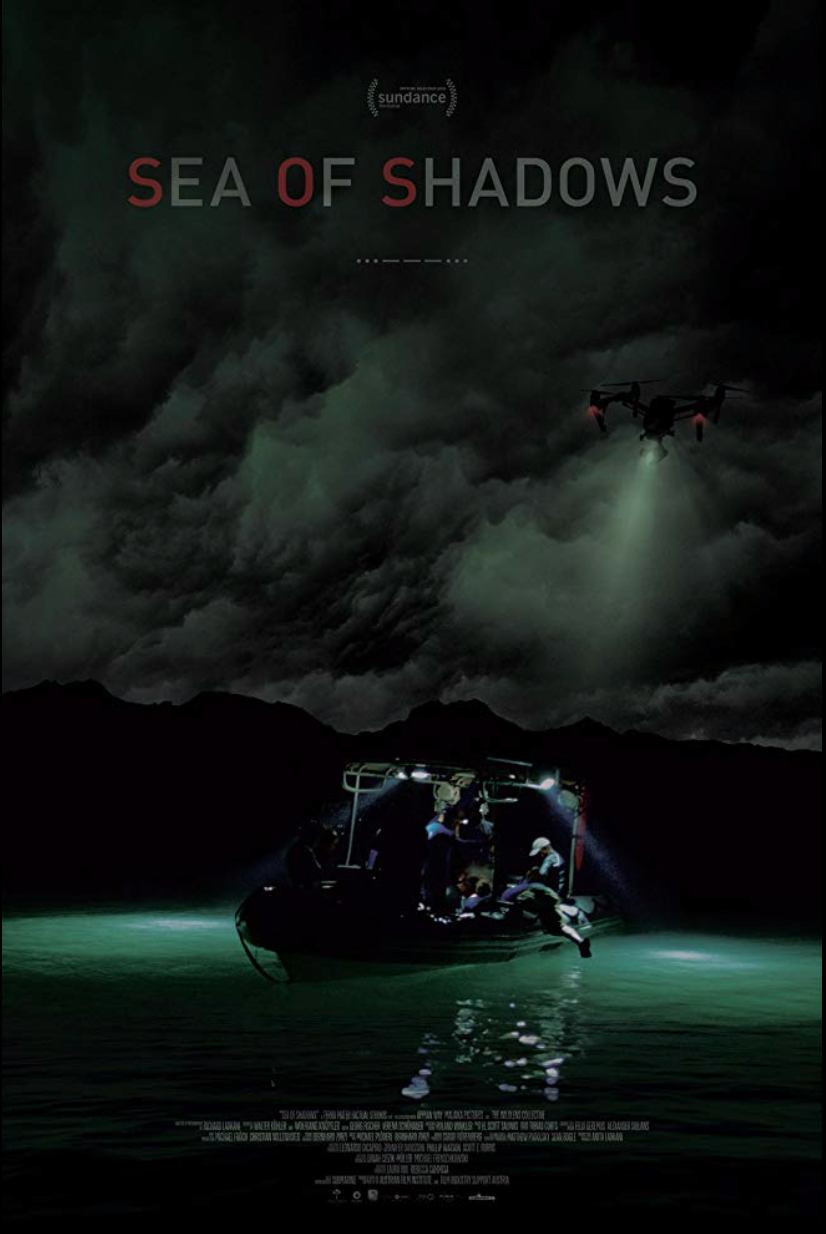
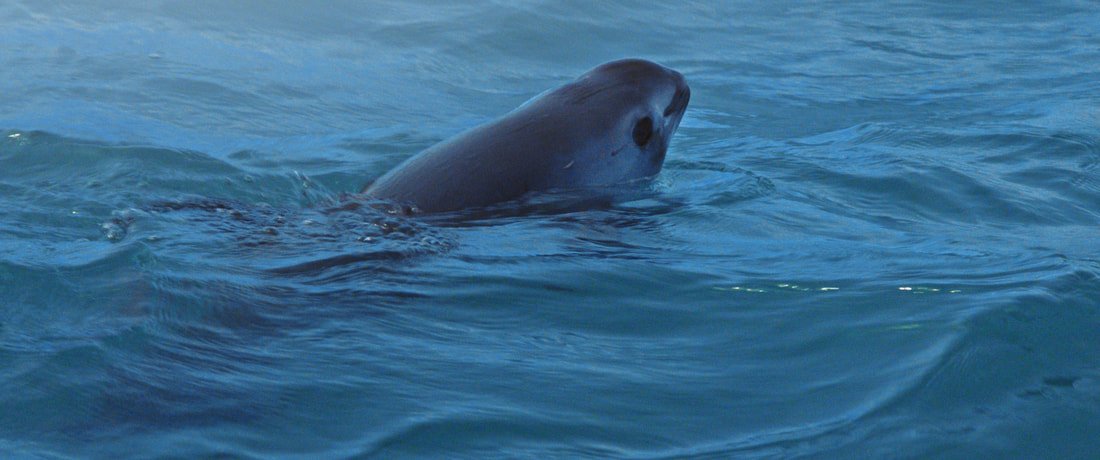
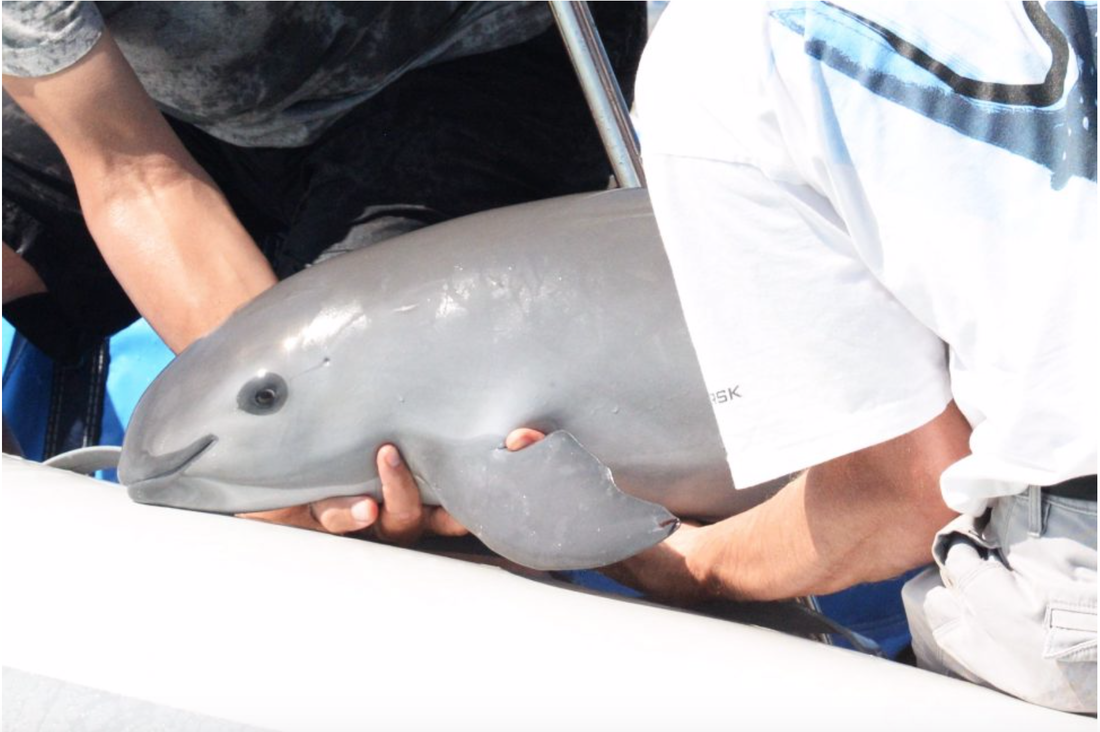
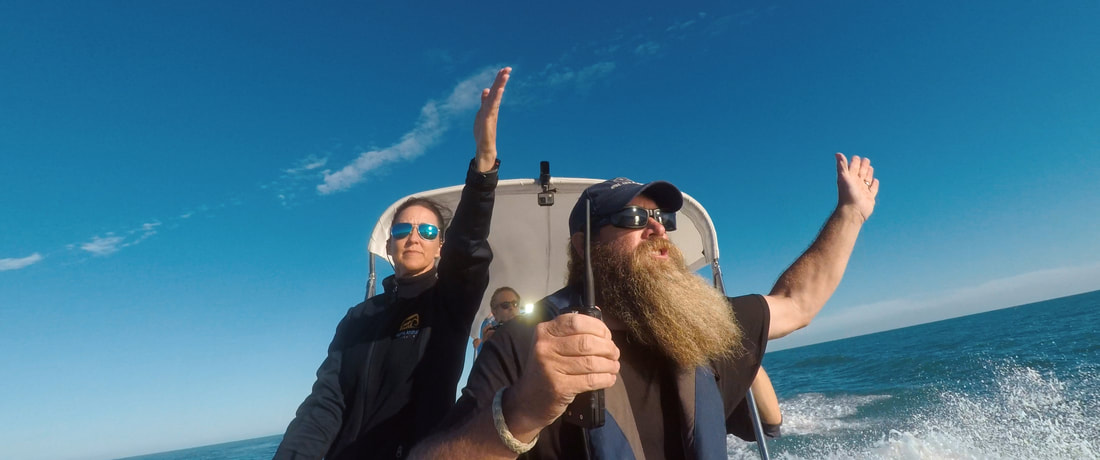
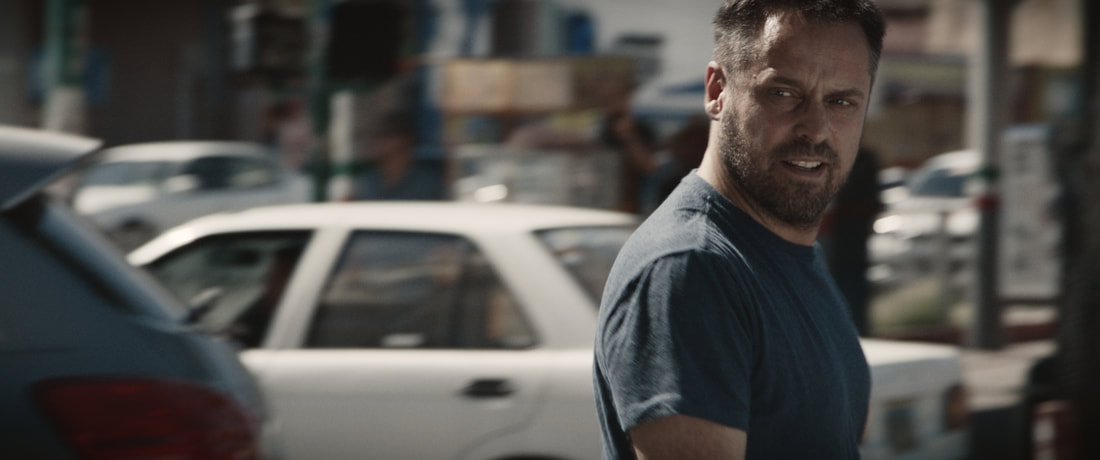
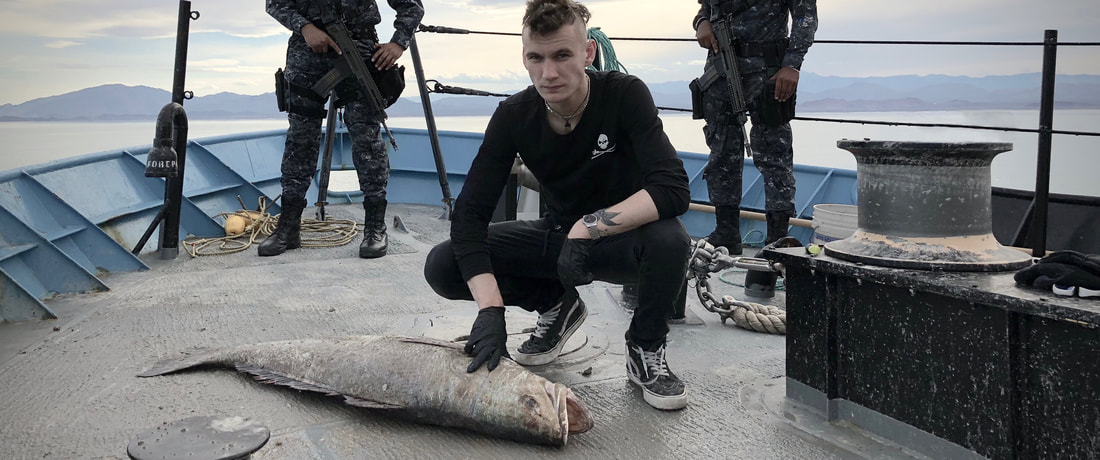
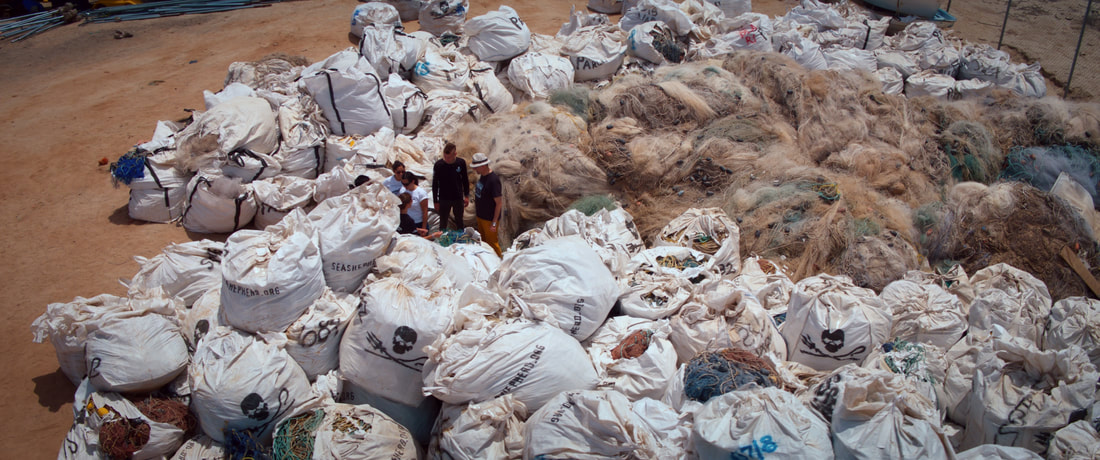
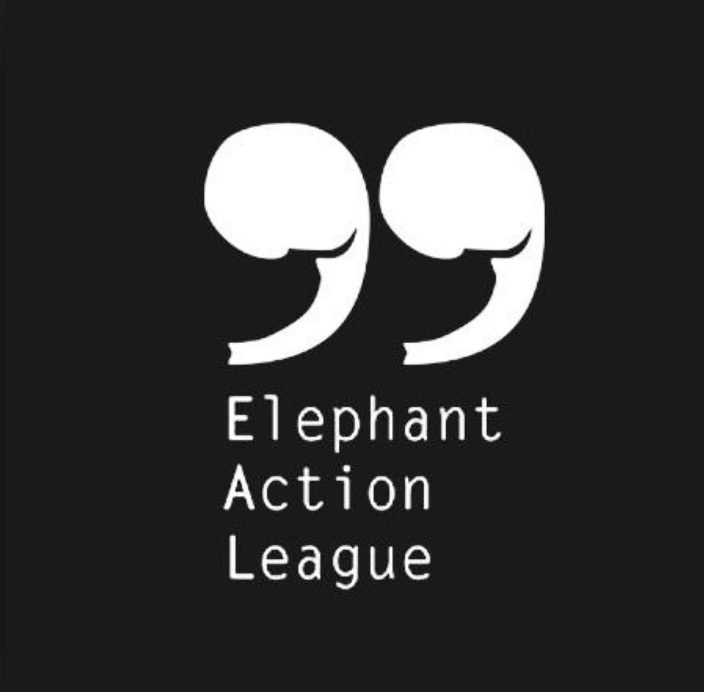
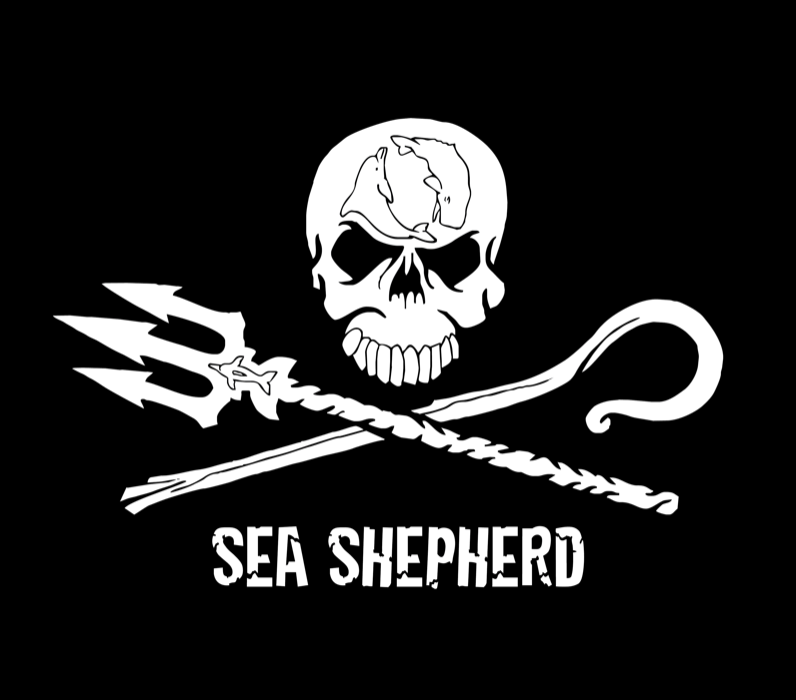
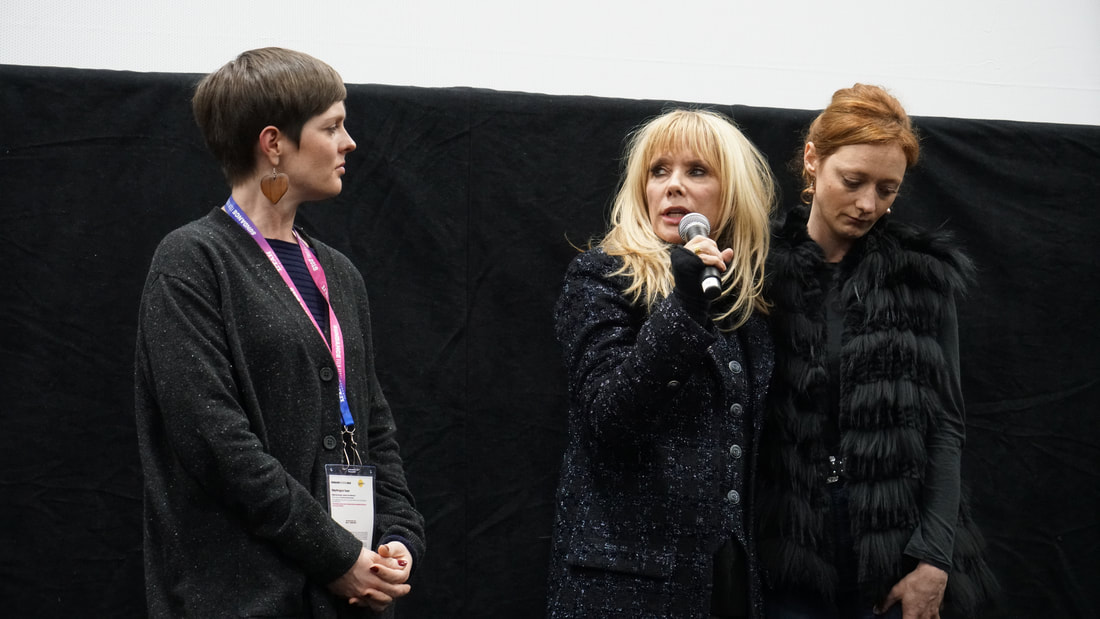
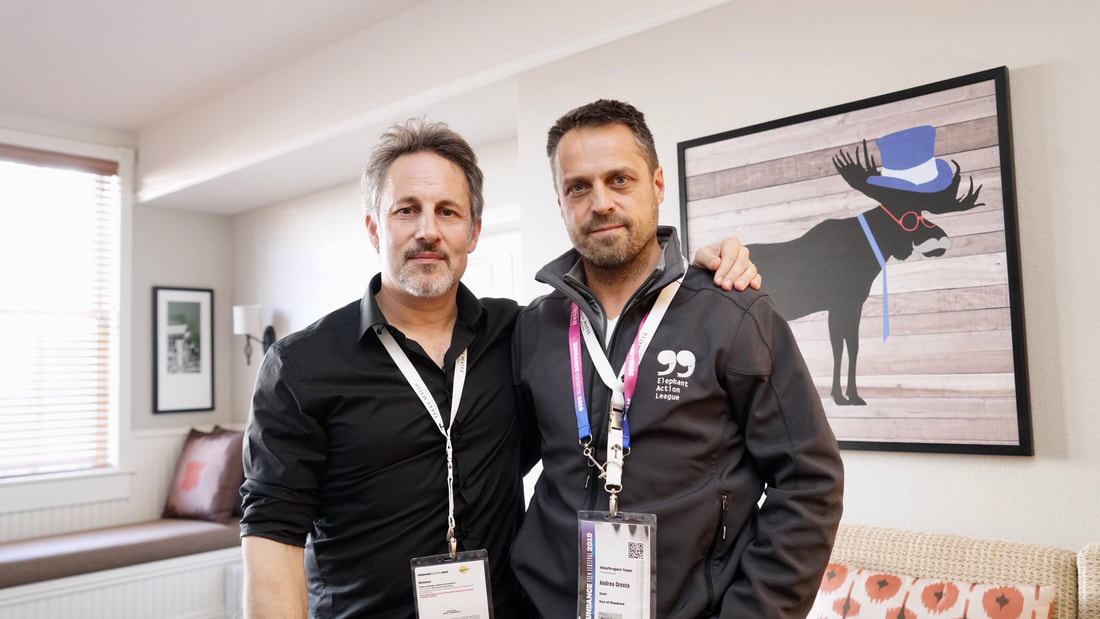
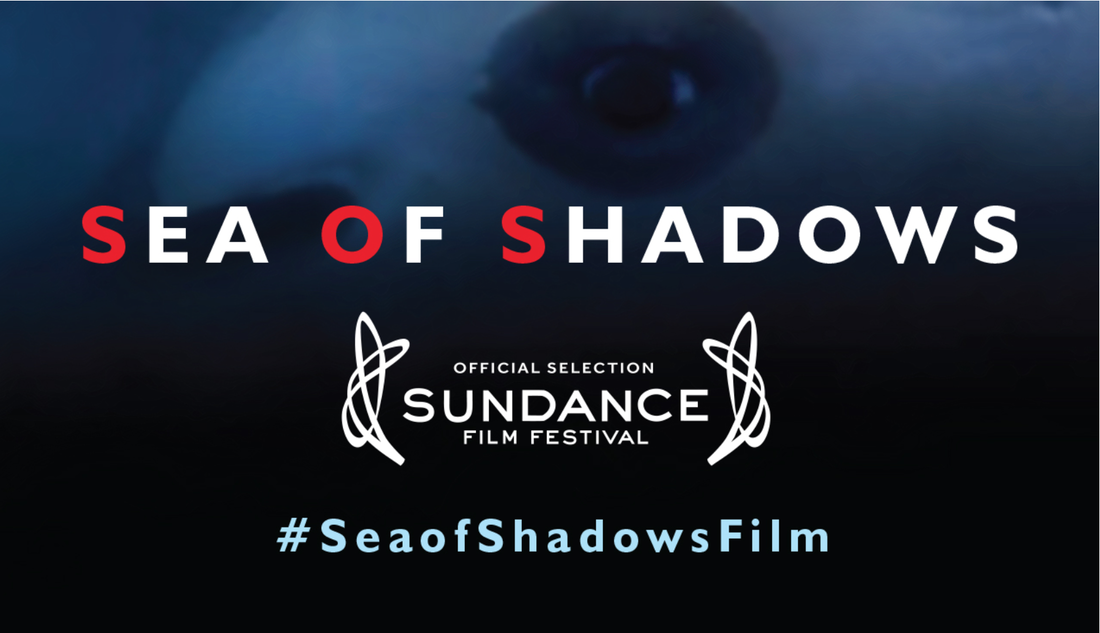
 RSS Feed
RSS Feed